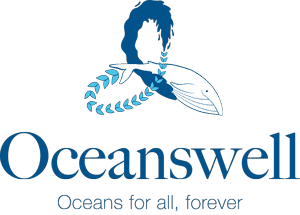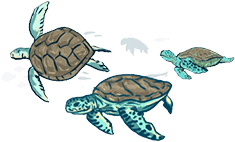Oceanswell was established to help conserve and protect the oceans with a specific focus on Sri Lanka, as well as to provide opportunities and help build capacity locally. The intention was to grow the field within the country and the region.
If you are a student who wants to get into the field please send an email to [email protected] with 3 specific questions. The more specific they are, the better the answers will be. If you would like to work with Dr. Asha on a documentary or speaking engagement, please email her agent Adrian Sington at [email protected] with a copy to Dr Asha at [email protected].
While we cannot help you write your paper we do have a list of resources that may help you with your writing and help you stay motivated. We hope this is helpful! Good luck and if you know of any other resources that have been helpful to you please do send them along. We love to share with our community (and a lot of people ask!)
We are absolutely thrilled that you are considering a career in marine biology! We can promise you it’s a lot of fun. Since this is a question we get asked a lot we have a video by Dr Asha de Vos which we think will help you get answers for most of your questions. After watching the video, if you still have questions, you can send us an email on [email protected]. Please make sure these questions are specific. Three questions are usually gold!
There are quite a lot of marine conservation issues that everyone should know about. So many in fact that it’s hard to list them all down here. If you are interested in learning about these issues and discussing them with other like-minded people then join us at our monthly Marine Conservation Conversations sessions. For dates and other information regarding this event keep following our social media and check out the Events page on our site.
Further, you can look into different sources that discuss these issues like National Geographic magazine and Smithsonian magazine. Social media is also a great place to find more information about these issues. Start by following conservationists, social media pages of organisations that are dedicated to conservation and also artists and writers that discuss conservation issues through their work.
All opportunities available at Oceanswell will be advertised on our social media (Instagram, Facebook, Twitter and LinkedIn) as well as on the opportunities page of our website.
‘Parachute science’ is something that we discuss a lot at Oceanswell. It is the practice where researchers from developed countries come to countries like Sri Lanka, conduct research and leave without really contributing in any way to the capacity of those on the ground or infrastructure. You can find out more about ‘parachute science’ or ‘colonial science’ and the problems it causes by reading this OpEd published by Dr Asha on Scientific American. At Oceanswell, because we are acutely aware of this issue, when we collaborate with amazing researchers from across the world we insist on equal partnerships, and ensure that local researchers are leading the work. If you are keen on talking about a collaboration with this in mind, please do ping us!
If you have a project in mind and you would like to partner with Oceanswell please send us an email on [email protected] with a project proposal, available funding and duration of the project. This will help us consider all the elements and get back to you accordingly.
You can find out about our ongoing and past projects by clicking here
We are big believers that everyone can take part in marine conservation and science. We definitely need everyone’s support if we are to tackle critical issues in marine conservation. These are a few ways that you can help Oceanswell:
- All our work is conducted using grants and donations that we get from generous people like you. If you are in a position to make a contribution, no matter the size, do email us on [email protected] and we can send you the details on how to move forward.
- You can help by contributing to our photo-identification database of whales. Your photos can contribute a lot to our ongoing studies which will ultimately help us estimate population sizes, and who likes to visit our waters. Email your photos to [email protected] with the subject: Photo-identification and [Species name]. Please also make sure to include information on the photographer’s name, the date the photo was taken and location of where it was taken. We need to add all this data in our database so that we give the right people credit when necessary.
- You can also contribute by doing your part for the environment and our oceans. You can reduce single use plastics, look for products that are sustainably produced as a consumer and try to create awareness of important marine conservation issues among your communities. All these things, while they may be small, could do so much good for our oceans in the long run.


